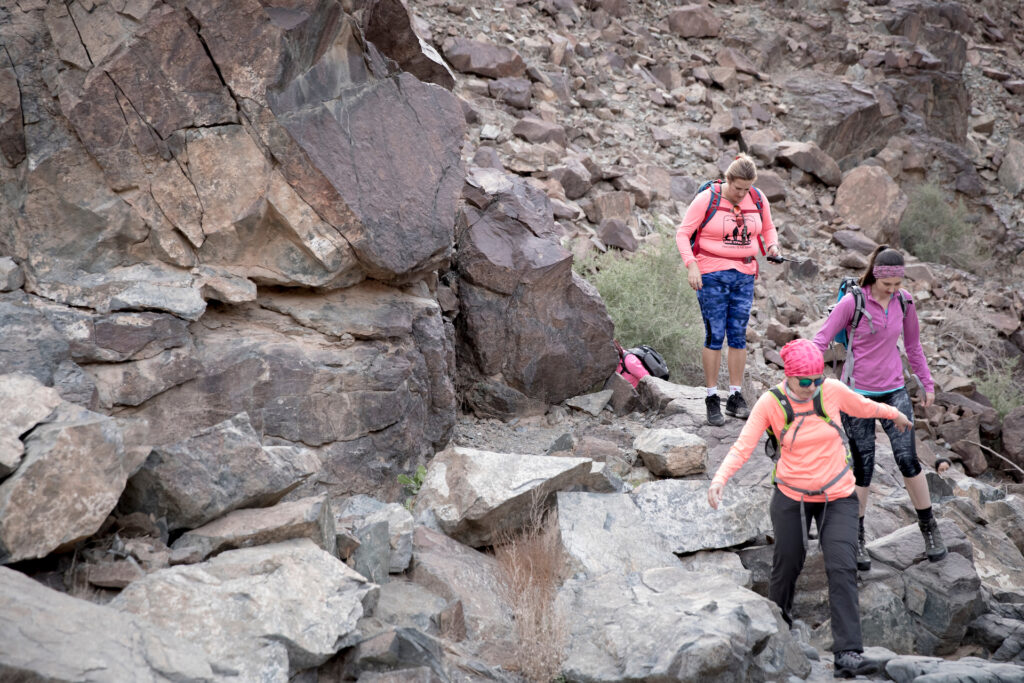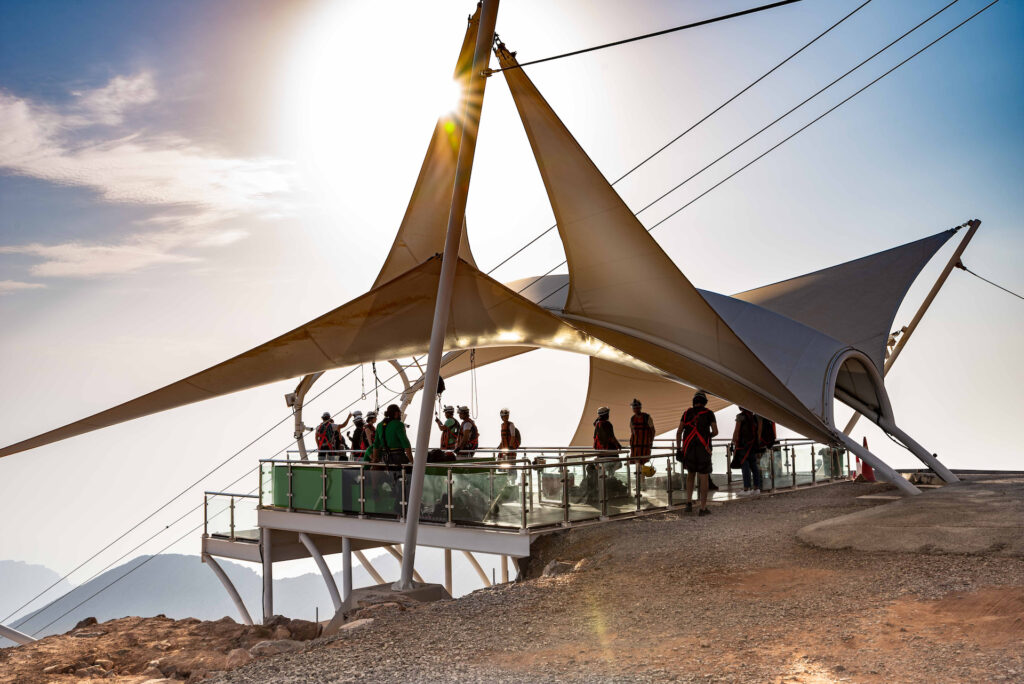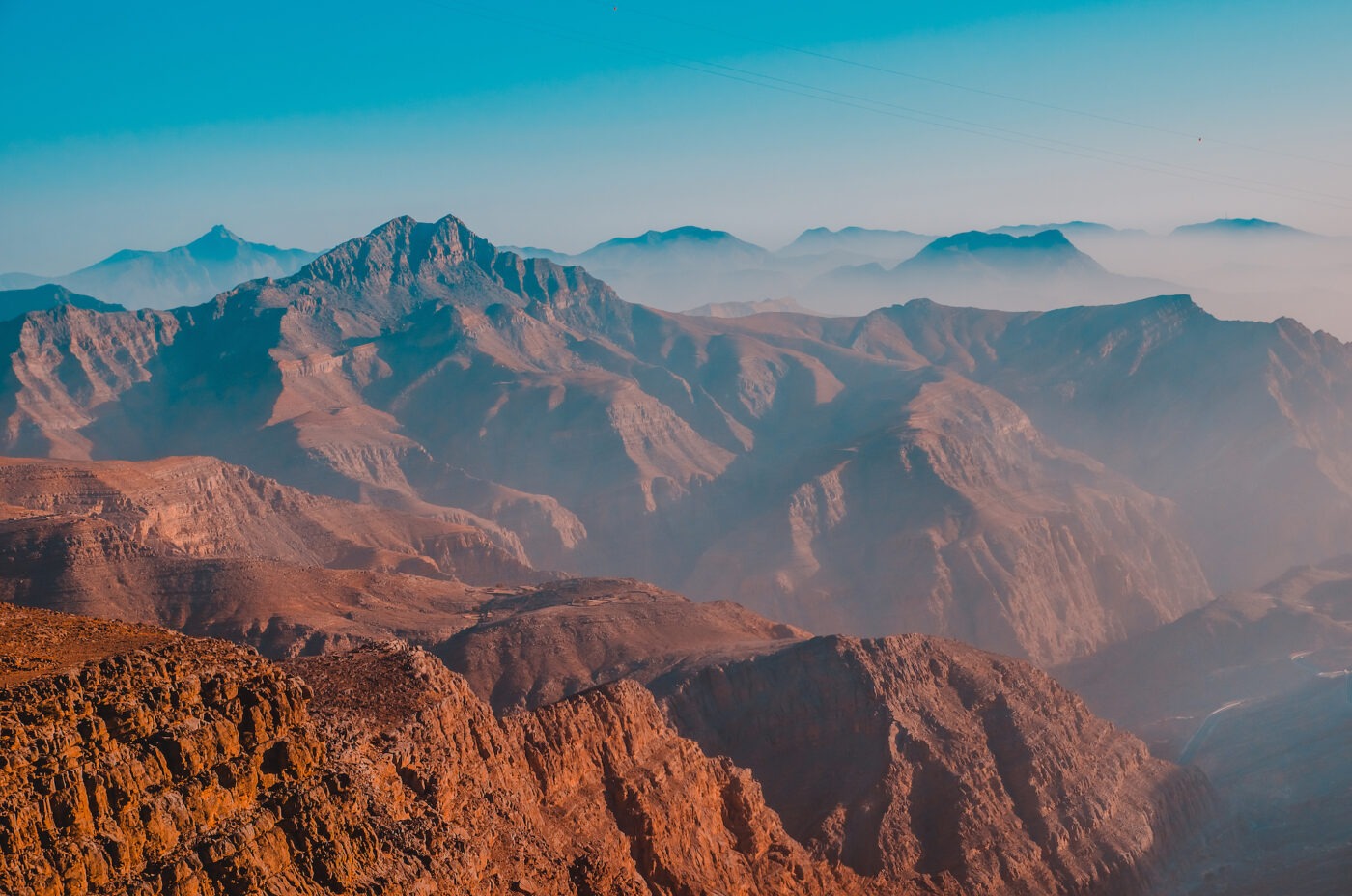While the UAE is generally associated with high temperatures and a humid desert climate, Jebel Jais – the highest mountain in Ras Al Khaimah – provides a refreshing contrast.
The elevation of the mountain, which stands tall at more than 1,900 meters, has a significant impact on its weather, resulting in conditions distinctly different from the surrounding lowlands.
During the summer months, typically from June to September, temperatures in the UAE soar, often exceeding 40 degrees celsius in the plains.
However, Jebel Jais – a part of the Hajar Mountain Range – stands as a cool sanctuary among the heat. On the peak, the temperature seldom crosses 30 degrees celsius in the daytime, with night-time temperatures dropping to a comfortable mid-20s.
In winter, from approximately December to February, Jebel Jais is even cooler. While the UAE’s coastal cities like Dubai and Abu Dhabi experience mild winters with temperatures hovering around 20-25 degrees celsius, it’s a different story altogether on Jebel Jais.

Winter temperatures on the peak can dip below 10 degrees Celsius, with night-time temperatures occasionally dropping close to zero.
This stark contrast even led to a rare day in 2017 when Jebel Jais received a light dusting of snow. Although this is not a regular occurrence, frost and icy winds are not uncommon during the coldest winter nights.
The substantial difference in weather between Jebel Jais and the rest of the UAE provides a range of opportunities for outdoor activities. In the summer months, Jebel Jais becomes a refuge for those looking to escape the heat, with activities such as hiking, mountain biking, and Jebel Jais Flight, the world’s longest zipline.
In contrast, winter brings a crisp chill to the air, making it perfect for camping under the starlit sky, warming up around a bonfire, and even the unique UAE experience of winter barbequing on a mountain top.

For those seeking an alternative cooler escape, setting sail on a dolphin-watching tour in nearby Musandam’s temperate waters can be a refreshing option.
Regardless of the season, it is essential to remember that the weather on Jebel Jais can change quickly due to its altitude. Visitors should dress appropriately and be prepared for colder conditions than in the plains, particularly during the winter months.
Whether you’re seeking respite from the summer heat or a taste of winter chill, Jebel Jais offers a refreshing retreat from the typically hot Middle Eastern climate.

